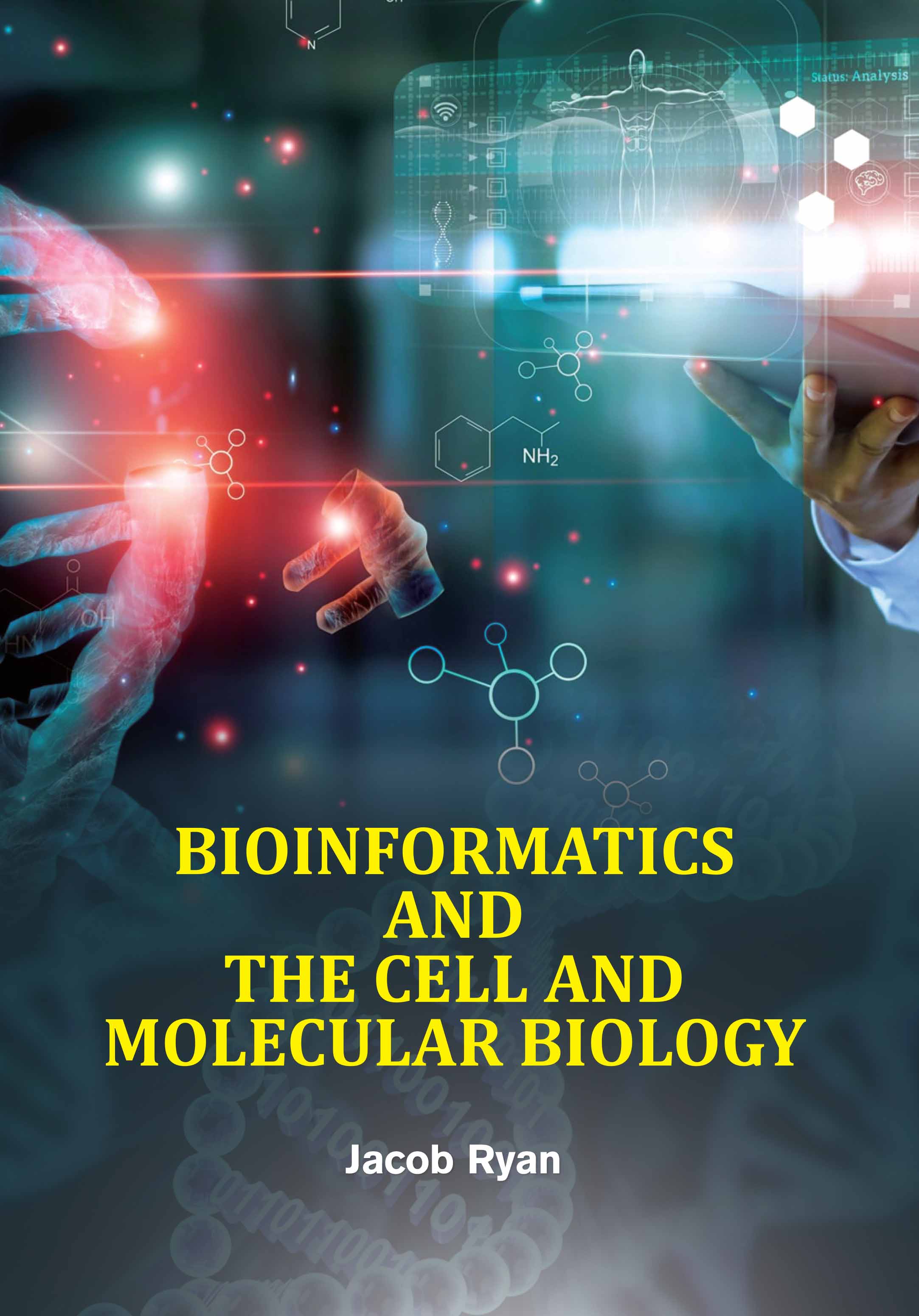About This Book
Analytical Chemistry is the branch of chemistry that deals with the identification and quantification of
chemical substances. It involves a wide range of techniques and methods to analyze both qualitative and
quantitative aspects of samples. Analytical chemistry plays a crucial role in various industries, including
pharmaceuticals, environmental science, food safety, and materials science. One of the key aspects of
analytical chemistry is the use of instrumental methods, which include techniques like spectroscopy,
chromatography, mass spectrometry, and electrochemical analysis. Spectroscopic techniques, such as
UV-Vis, IR, and NMR spectroscopy, allow chemists to analyze the molecular structure and composition of
substances by measuring their interaction with light. Chromatography, including gas chromatography
(GC) and liquid chromatography (HPLC), is used for separating and analyzing mixtures of compounds.
Mass spectrometry helps in identifying the molecular weight and structure of compounds, while
electrochemical analysis provides insights into the electrical properties of substances. In addition to
these techniques, classical methods like gravimetry and titrimetric analysis continue to be valuable tools
for precise measurements. Analytical chemistry is crucial for quality control in manufacturing, regulatory
compliance, and environmental monitoring. It enables the detection of pollutants, ensures product
safety, and aids in the development of new materials, making it an essential discipline in modern science
and technology. Analytical Chemistry provides comprehensive coverage of both classical and modern
techniques, emphasizing their application in various scientific and industrial fields.
Contents: 1. Introduction, 2. Instrumental Analysis, 3. Analytical Chemistry Investigates: Principles and
Techniques, 4. Spectroscopic Techniques in Analytical Chemistry, 5. Applications of Gas
Chromatography, 6. Separation Techniques through Extraction, 7. The Role of Aliphatic Hydrocarbons in
Solvents, 8. Quantitative Analysis in Analytical Chemistry, 9. Electrochemistry.

